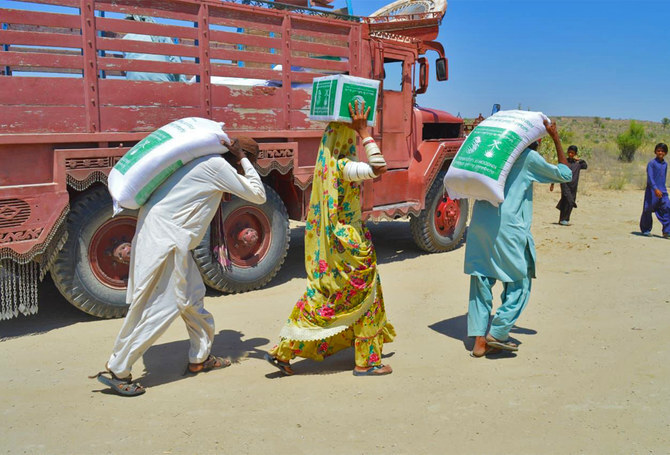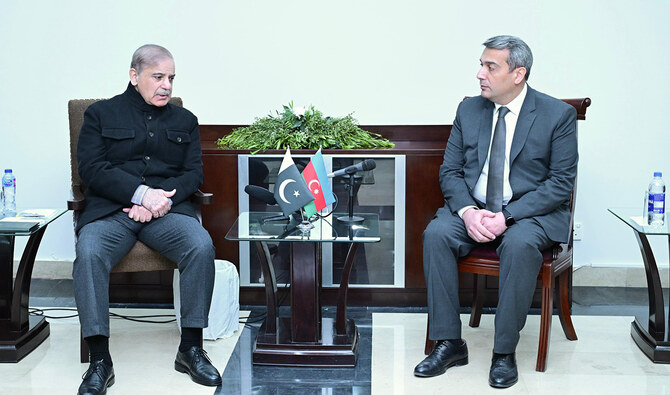ISLAMABAD: The King Salman Humanitarian Aid and Relief Center (KSrelief) is set to sign several agreements and memorandums of understanding (MoUs) with various organizations in Islamabad on Tuesday, Pakistani state media reported.
The Saudi charity organization has one of the largest humanitarian budgets available to any aid agency across the world, which has allowed its officials to undertake a wide variety of projects in more than 80 countries. Pakistan is the fifth largest beneficiary of its aid and humanitarian activities and has greatly benefited from its assistance since 2022 monsoon floods.
The event at which the agreements are to be signed will be attended by Saudi Arabia’s ambassador to Pakistan, Nawaf bin Said Al-Malki, along with Pakistani government officials as well as representatives of international and local humanitarian organizations, the APP news agency reported on Monday, citing the Saudi Press Attaché Dr. Naif Al-Otaibi.
“These agreements will encompass aid and construction projects in multiple underprivileged regions of Pakistan, in alignment with KSrelief’s comprehensive aid plans,” he was quoted as saying by the APP.
Established in 2015, KSrelief aims for high humanitarian goals in its operations to provide assistance to the needy and disaster victims anywhere in the world, according to Dr. Naif.
These tasks are carried out by the United Nations (UN) bodies and international and local non-profit organizations under the right monitoring procedures and modern methods of rapid transition.
“These aid projects cover all areas of relief and humanitarian work, including food security, camp management, shelter, initial rehabilitation, conservation, education, water and environmental reform, nutrition, health, humanitarian aid support, including logistics services, and emergency communications,” he was quoted as saying.

















